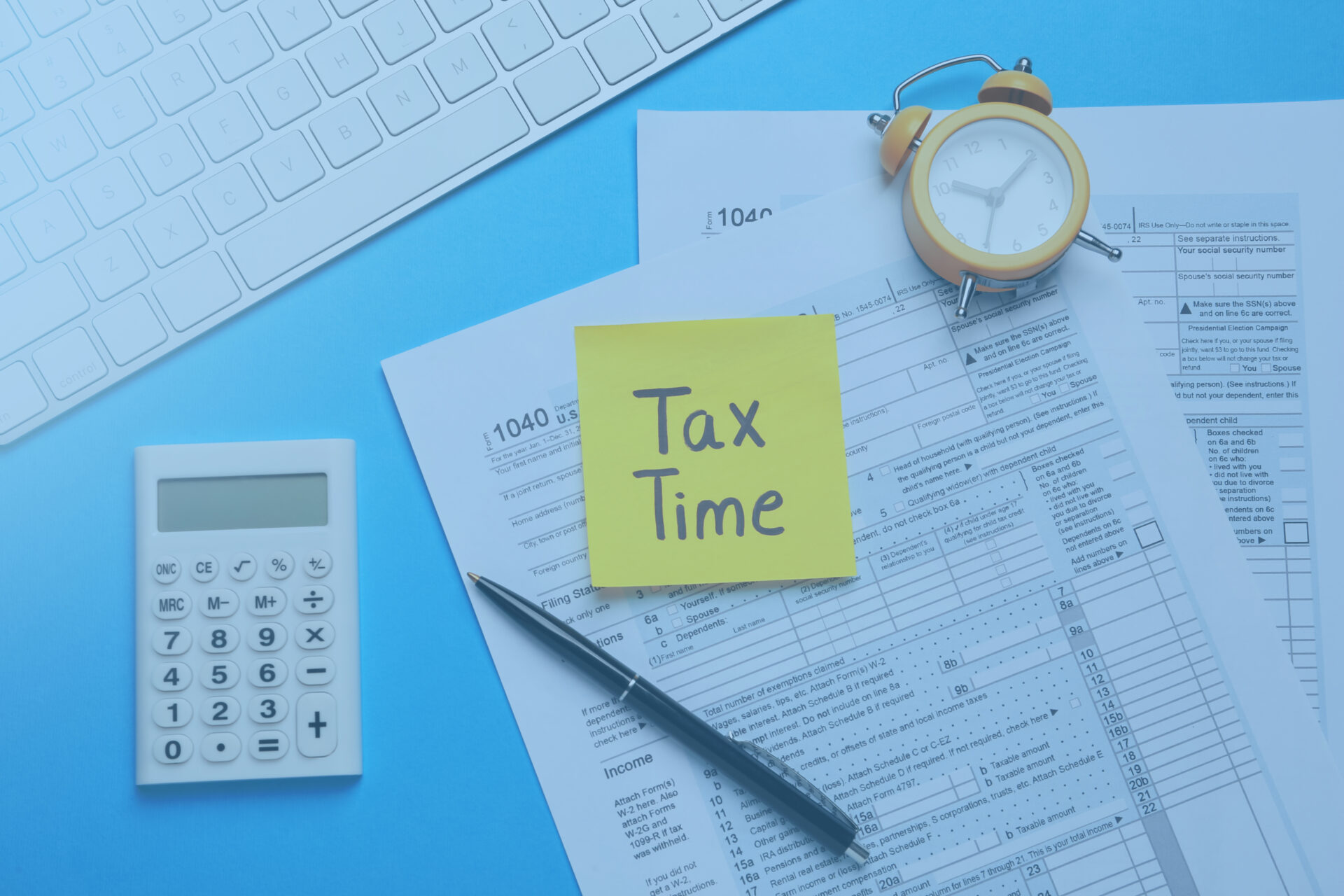With spring only a few months away comes the return of a very different kind of season: tax season!
Preparing for Tax Season
With Mortgages
With spring only a few months away comes the return of a very different kind of season: tax season.
For many, this is a simple time to log into a tax-processing software to review your earnings from the past year. For others, including business owners or non-profits, this can be slightly more complicated. If you’ve had a major life event, such as getting married or purchasing a home, filing taxes may be a more complex process.
Worry not. Delmar Mortgage remains Right by You, and we’re here to help you navigate some of the complexities of tax season as a new homeowner!
**Please note, the tips and thoughts in this article are only that; tips. You should always consult a CPA, tax accountant, or other financial professionals with questions about tax filings.
What does buying a house mean for your taxes this year?
Congratulations! You’ve become a homeowner this year and get to experience all the great things that come with owning your own home. One thing you’ll have to navigate is reporting your house purchase when filing your taxes for the fiscal year in which you made the purchase. This can be a little confusing for people who have only rented to this point in their lives. When you buy a home, that home becomes an investment where you start to build equity over the years. Depending on your situation, this may represent gains that you need to report in your tax filings.
First thing first: collect your paperwork. If you’ve bought a house this year, you’ve likely had to accumulate a lot of important paperwork, including bank statements, income statements, previous tax filings, and more. This is in addition to a bevy of paperwork you likely had to sign in order to get the keys to your new house. You’ll likely need to register some of these forms/paperwork when you file your taxes. By having everything collected and on hand, you’ll save yourself some hassle when you sit down to organize everything for your tax filing.
Now, once you have all your paperwork together, you’re going to want to think about how to save whatever money you can once you go to file. One valuable resource is the IRS itself. The IRS website offers some great resources to keep in mind when filing your taxes and can be a great source to check to make sure you’re covering all your bases. Another great resource is our loan officers, who can help you work through filing after buying your first (or a new) home.
From there, it’s time to get down to business.
Standard vs. Itemized Filings
These are the two basic ways that you’ll file your deductions when filing your taxes. Simply put, a standard deduction can be defined as a specific or fixed dollar amount, which diminishes the amount of your income that can be taxed. The amount can vary depending on how you’re filing, but the standard deduction amounts for tax year 2023 are:
- $13,850 for single people or married people filing on their own
- $27,700 for married couples filing together, or for a qualifying widow/widower
- $20,800 for the head of the household
Please note, these amounts are subject to change.
An itemized deduction, on the other hand, varies from a standard deduction. An itemized deduction dollar amount varies per person, rather than a standard amount. When filing an itemized deduction, you’ll need to account for applicable and qualifying things you can deduct. Some examples of qualifying deductions can include: large medical or dental expenses, paid real estate taxes on your home, theft and property damage, large charitable contributions, and more.
If you have deductions that you can itemize and have documented proof of, that total more than a standard deduction, you may wish to take itemized instead of standard deductions (this could help you save more money). The primary benefit of a standardized deduction is that it keeps you from having to itemize and record expenses, which would be important if the IRS decides to audit.
What if I purchased a house or property this year?
If you’ve purchased or currently own a home, you’ll receive a 1098 form from your lender. This form tells you the amount of interest you’ve paid on your mortgage, which qualifies as a deductible expense. Things like points, local property taxes, PMI (or Private Mortgage Insurance), energy credits, and more can also be itemized deductions on your tax filings, which can also help you save some money. Though these amounts by themselves might not exceed the standard deduction amounts, when combined with other deductible items like those listed above, they may amount to more than the standard amounts, in which case you may want to itemize your deductions.
Another form that you’ll receive is a W-2. Your W-2 form will list your income, and any deductions withheld from your pay, including things like taxes, retirement funds, health insurance, and more. This can allow you to get a refund from the government, depending on your deductions and write-offs. Using your W-2, 1098, and other forms will help you best determine the amount you owe, and the refund amount you may be entitled to.
How to make sense of all this?
We get it; this is a confusing topic and can leave a lot of people with more questions than answers. The important thing is not to panic, and not to stress too much. Report everything you can think of to be safe, keep your paperwork together, and do what you can to get as much money back as possible, in the most ethical and moral ways possible. When in doubt, consult a professional, who will be able to review everything with you line by line to make sure you cover all of your bases. If you have specific questions about taxes owed on your home purchase, our loan officers can help answer some questions, and point you in the right direction.
Don’t worry, with a little help from Delmar Mortgage you’ll be able to file your taxes in short order and get back to enjoying your brand-new home or property. Happy filing!
- Financial Education, Learning Center, Mortgage, Owning A Home, Pro Tips, Resource & Guides
- Jan 30, 2023



















